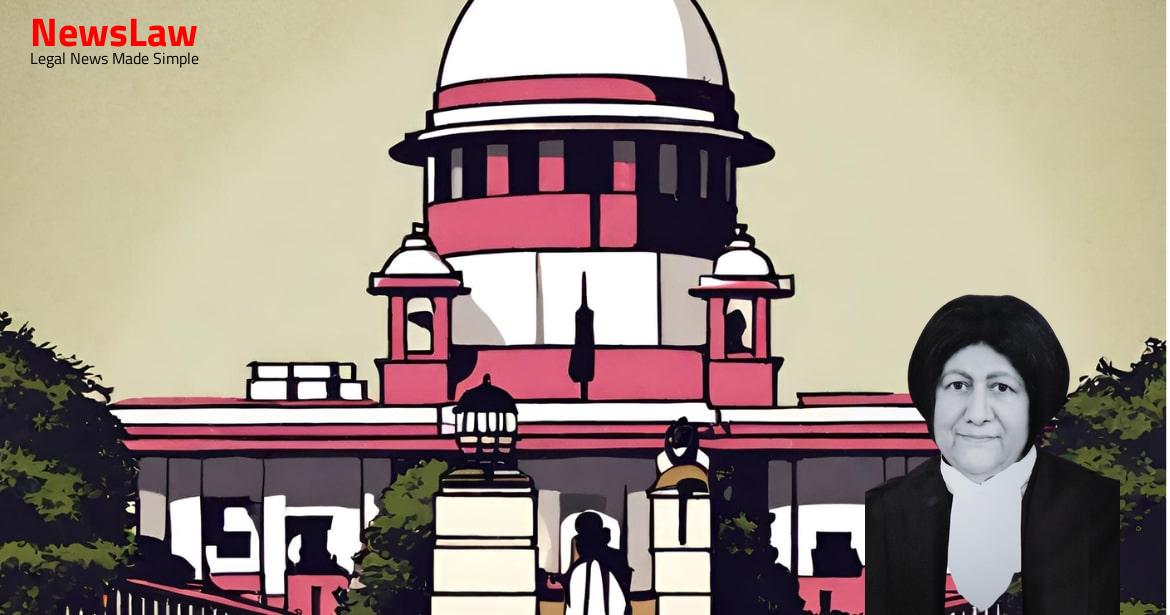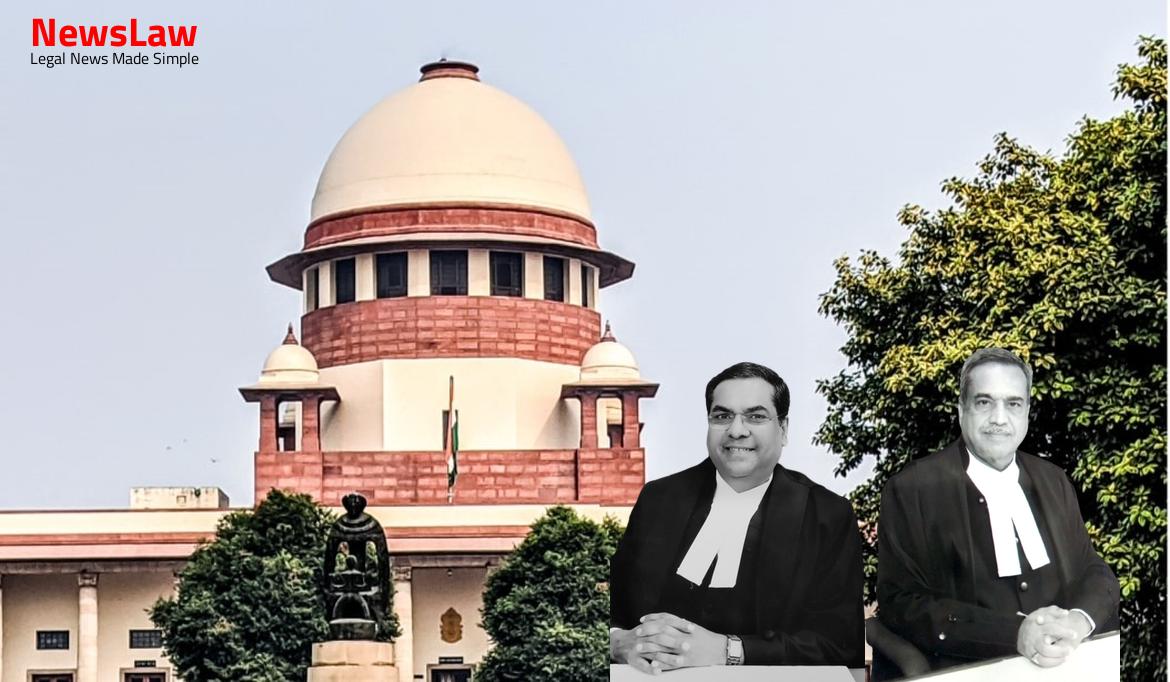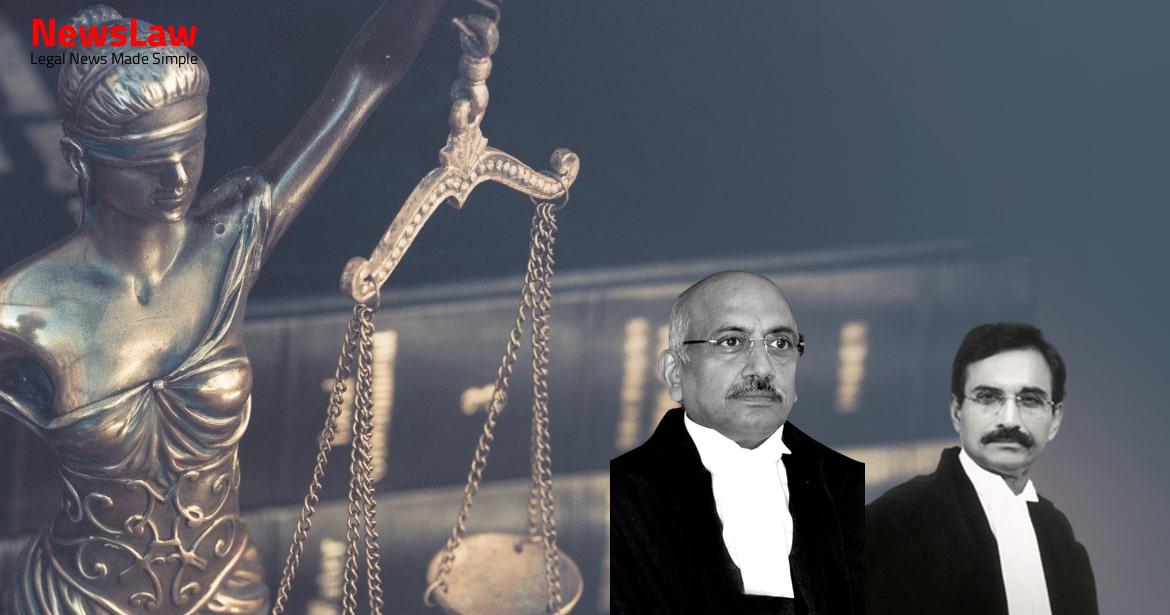Explore the insightful legal evaluation of appeal provisions in Admiralty and Commercial Court cases, focusing on the court’s analysis of conflicting statutory enactments. The judgment illuminates the principles guiding the interpretation of special and general laws, emphasizing the precedence of special statutes in specific contexts. Discover the nuances of the law and the impact of statutory provisions on the resolution of commercial disputes in our detailed summary.
Facts
- On 15 May 2020, Gulf Petroleum FZC and Aramco changed the Port of Discharge from Fujairah to Singapore in their Sale Contract.
- Gulf Petroleum FZC issued fraudulent invoices for supply of petroleum products to Gulf Petrol Supplies LLC.
- News reports revealed criminal proceedings against Gulf Petroleum FZC for fraud in contracts for refined product cargoes.
- The Respondent Bank sought clarifications on proposed amendments.
- The Vessel tendered Notice of Readiness at the Port of Discharge in Singapore as per Gulf Petroleum FZC’s instructions.
- The Respondent Bank financed the transaction between Gulf Petroleum FZC and Indian Oil Corporation Limited.
- Gulf Petroleum FZC defrauded various parties, including the Appellant.
- The Respondent Bank filed an appeal against the order to implead Gulf Petroleum FZC in the Admiralty Suit.
- The cargo was discharged at Horizon Terminal, Singapore on 9-10 June 2020.
- The Respondent Bank honored the Letter of Credit and paid Indian Oil Corporation Limited the due amount.
- The due date of the invoice was 10 August 2020, as per the Sale Contract terms.
- Profitable Wealth Inc. provided a Letter of Indemnity to Polaris Marine Services.
- Indian Oil Corporation Limited issued an invoice to Gulf Petroleum FZC for the purchased Marine Fuel.
- Gulf Petroleum FZC requested the Vessel to discharge cargo to Chevron Singapore Private Limited at the Horizon Terminal in Singapore.
- The Master of the Vessel issued a Bill of Lading in respect of the marine fuel cargo delivered.
- The Commercial Appellate Division of the High Court set aside the judgment and order of the Single Bench.
- The Division Bench allowed the appeal filed by the Appellant.
- Costs of Rs.1,50,000/- imposed on the Appellant by the Single Bench were overturned.
Arguments
- Mr. Vishwanathan submitted that the Madras High Court issued Notification No. 48 of 2018 under section 18 of the Commercial Courts Act, which is a practice note for the Commercial Appellate Division.
- Section 14 allows appeals from an interim order of a Single Judge of a High Court under the Admiralty Act, specifically related to an interim order in relation to an action in rem.
Analysis
- The Admiralty Act and Commercial Courts Act are Special Acts.
- The consignee named in the Bill of Lading may not necessarily be the owner of the cargo.
- The Admiralty Act applies provisions of the CPC to all Admiralty proceedings in the High Court.
- When two statutes have conflicting non-obstante clauses, the later statute tends to prevail.
- A Bill of Lading constitutes receipt, document of title, and evidence of the contract of carriage.
- Orders under the Admiralty Act pertaining to in rem jurisdiction are appealable under section 14 of the Act.
- The Commercial Courts Act specifies appealable orders under Order 43 of the CPC.
- Adding a party under Order 1 Rule 10(2) of the CPC is not appealable under section 14 of the Admiralty Act.
- Presence of Gulf Petrochem in the suit was necessary for effective adjudication.
- The Commercial Courts Act limits intra-Court appeals in accordance with its provisions.
- Careful consideration should be given to the purpose and policy underlying conflicting enactments.
- The Special Statutes tend to take precedence over General Statutes.
- The Commercial Division of the High Court has the authority to add a party to an Admiralty suit as necessary.
- The scope of a statutory enactment cannot be altered by a Notification giving Practice Directions.
- The principle of generalia specialibus non derogant applies when interpreting statutes.
- The principle dictates that a specific statute prevails over a general statute when they pertain to the same subject matter.
- Corpus Juris Secundum states that when construing a general and specific statute on the same topic, they should be harmonized if possible, but the specific statute generally controls if they cannot be reconciled.
- The Court’s interpretation in the case of Kandla Corporation v. OCI Corp. establishes that orders not specifically enumerated in the CPC are not appealable.
- The principle of harmonious construction is applied when a general law and a special law overlap, implying the repeal of the general law to the extent covered by the special law.
- In cases of conflicting statutes, the purpose and policy underlying the statutes and the intent conveyed by their language are crucial in resolving the conflict.
- The Admiralty Act and Commercial Courts Act are compared regarding appeal provisions, with a focus on the special nature of the Admiralty Act provisions.
- The maxim Generalia Specialibus No Derogant is discussed in the context of conflicting special and general statutes, asserting that the special provision may give way to the general if Parliament intended a universal rule.
- The judgment in CTO vs Binani Cements is referenced for instances where special provisions take precedence over general enactments.
- The notification clarifies that no appeal will lie against the orders or decrees of a Commercial Division or Commercial Court under specific provisions.
- The Statement of Objects and Reasons for both the Commercial Courts Act and Admiralty Act highlight the objectives and positive impacts of resolving commercial disputes efficiently.
- Order 1 Rule 10(2) of the CPC is mentioned in the judgement.
- The specific provision of Order 1 Rule 10(2) is referenced as point 58.
- An appeal does not lie to the Commercial Appellate Division of the High Court from an order of the Commercial Division (Single Bench) of the same High Court for addition of a party in an admiralty suit governed by the Admiralty Act.
Decision
- The impugned judgment and order of the Division Bench is set aside.
- The appeals are allowed.
Case Title: OWNERS AND PARTIES INTERESTED IN THE VESSEL M.V. POLARIS GALAXY Vs. BANQUE CANTONALE DE GENEVE (2022 INSC 1015)
Case Number: C.A. No.-006897-006898 / 2022



